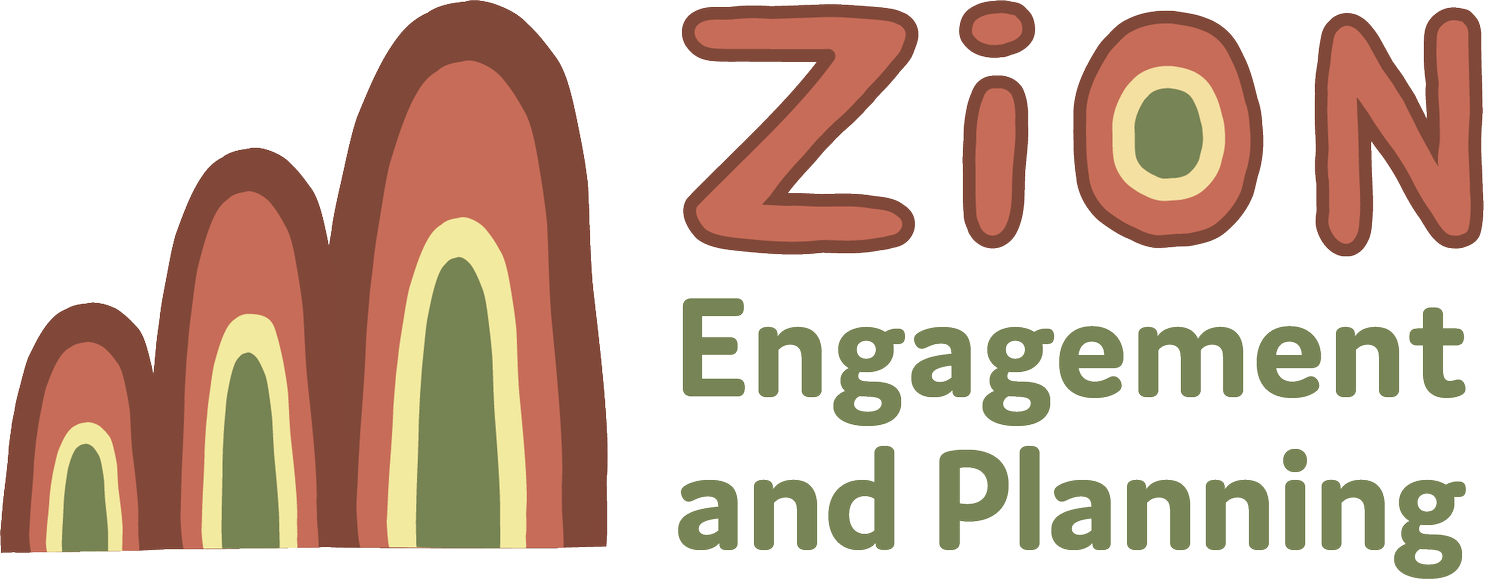First Nations Voting
As a First Nations woman I have complex approach to voting. I acknowledge that the right to vote was hard fought and won for both my race and my gender so I feel an obligation to those who came before me to participate in the electoral system. Every election comes around and I feel the rise of deep conflict, for this one chance to have a voice, to vote in a system which is fundamentally at odds with traditional governance structures that existed for thousands of years to protect Country.
I know many First Nations people who refuse to participate at all, who feel that voting implies consent and refuse to enrol at all. Ultimately, refusal to vote provides no absolution from the policies and laws created by government. I have respect for the position of the mob who make this commitment but saddened that their voices remain silent in the conversation of how Country, community and culture is managed by the government.
Sovereign people of over 500 nations, with complex governance through kinship systems that held the Lore. Lore could not be changed, it was enduring, it came from Country herself. Elders in the hierarchy earnt their place of leadership from a life devoted to serving Country, Community and Culture. Decisions were made that considered generations of knowledge and considered impacts generations into the future. It’s a difficult process to align too.
I spoke with Bundjalung man, Dave Kapeen about voting in the foreign governance system,
“Yes I do vote, I’m not a believer of the process, the system that is used marginalises our people. Where is the system we used before the boats came here, who are our leaders that the system keeps referring to, we didn’t elect them. Which one of them are from the Bundjalung Nation. When was the last time a politician met with Aboriginal people on our land to discuss our future and issues of concern to our people?”
Dave Kapeen raises some important questions and issues that make our systems incompatible, exposes the complexities of attempting to place Aboriginal voices within a foreign framework without an attempt to understand what existed successfully for thousands of years.
The right to vote was hard-fought and won for First Nations people. Many Activists such as Joe McGinness, Oodgeroo Noonuccal (formerly Kath Walker), Dulcie Flower, Doug Nicholls, Pearl Gibbs, Faith Bandler and George Abdullah (and many more) set up political associations such as the Federal Council for Aboriginal Advancement (FCAA) to fight for political and other civil rights.
In Australia, each colony could determine who was allowed to vote, as a result Aboriginal women in South Australia were able to vote in 1894. In Queensland and Western Australia our people were excluded from voting in elections until the 1960s.
By 1961, as a result of the campaign by activist groups such as the FCAA, the Federal Government convened a Select Committee on Voting Rights of Aborigines. It was estimated that approximately 30,000 people in the Northern Territory, Queensland and Western Australia were excluded from voting. The Commonwealth Electoral Act was then amended in 1962 to give all Aboriginal and Torres Strait Islander adults the right to vote in federal elections. This means First Nations Australians have only been able to vote for 60 years of the 234 years of occupation.
Talah Laurie, Gumbaynggirr, Yaegl with Birripi connections, is a young dubay with a passion for politics, for her, a blak existence is a political existence in this country.
“To me having the right and privilege to vote is something that my passed Elders fought so hard for. I will use opportunities like this to acknowledge a strong line of First Nations activism and advocacy and continue that resiliency throughout my lifetime as an enrolled voter”.
Talah acknowledges the complex sociopolitical landscape for young First Nations people right.
“Not only is it important to vote but it is also vital to remain diligent in seeking to understand different types of knowledge. Politics just happen to be one of the most important to me”.
Talah priorities climate change and action, funding for First Nations led initiatives and community capacity building opportunities and not only the inclusion of a First Nations voice in government, but to be recognized in the Australian constitution for her in the upcoming federal election.
Ngurungaeta Brown is an Arakwal young man who votes because his voice matters as much as anybody else's.
“Even though some would say "It is only one vote in a pool of millions", each and everyone one of those votes is a single person putting their voice forward. It’s important to be heard in that. Look at our history; my people fought tirelessly for generations for us, for me to have the same rights as any other Australian. I would feel disgusted with myself if I ignored this future and these rights my ancestors and elders fought so strongly for”.
This year’s NAIDOC theme is Get Up, Stand Up Show Up and it’s important to reflect on the importance of standing up to be counted. Everything First Nations people have in this system has been hard-fought, that is why we have come this far, we need to continue this work to make our voices heard for our ancestors and for future generations.
Author: Belle Budden
The Echo Newspaper 2022

